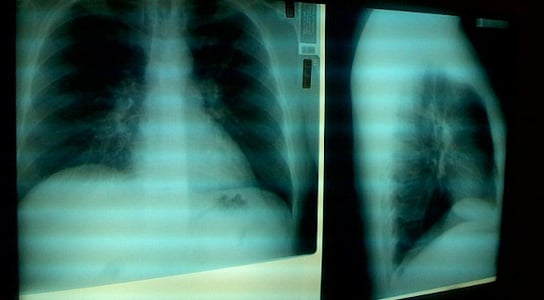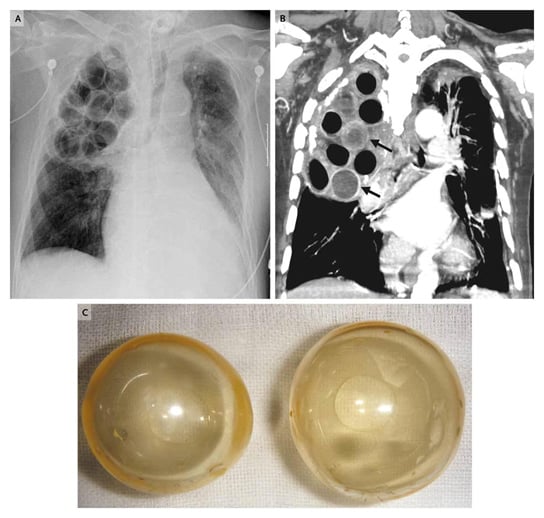
MRSA, methicillin-resistant Staphylococcus aureus can be even deadlier when it is combined with a virulent flu infection. It’s been reported that a family of five have fallen ill and three have died from MRSA pneumonia that took hold in the lungs and was inflamed by a flu infection.
The patients were all hospitalized and had contracted seasonal flu strains of H3N2. MRSA pneumonia is fast-acting, lethal, and sometimes called necrotizing pneumonia since it basically kills lung tissue. It’s not yet known why it has this effect; MRSA has so many different cellular toxins, there could be a number of different culprits.

There had been severe cases of MRSA pneumonia reported by the CDC after clusters of the disease erupted in Baltimore, Louisiana and Georgia. Seasonal S. aureus is a potentially catastrophic complication of influenza. MRSA pneumonia often affects young, otherwise healthy people and can be rapidly fatal, states a CDC report.
In 2007, there were 457 deaths from the flu and 52,847 deaths from post-flu pneumonia. There is currently no vaccine against MRSA and the bacterium can live on the skin undetected for an unpredictable period of time. It’s suggested that if a flu infection is prevented, then the likelihood of this pneumonia occurring is lessened. The flu vaccine doesn’t confer perfect protection.